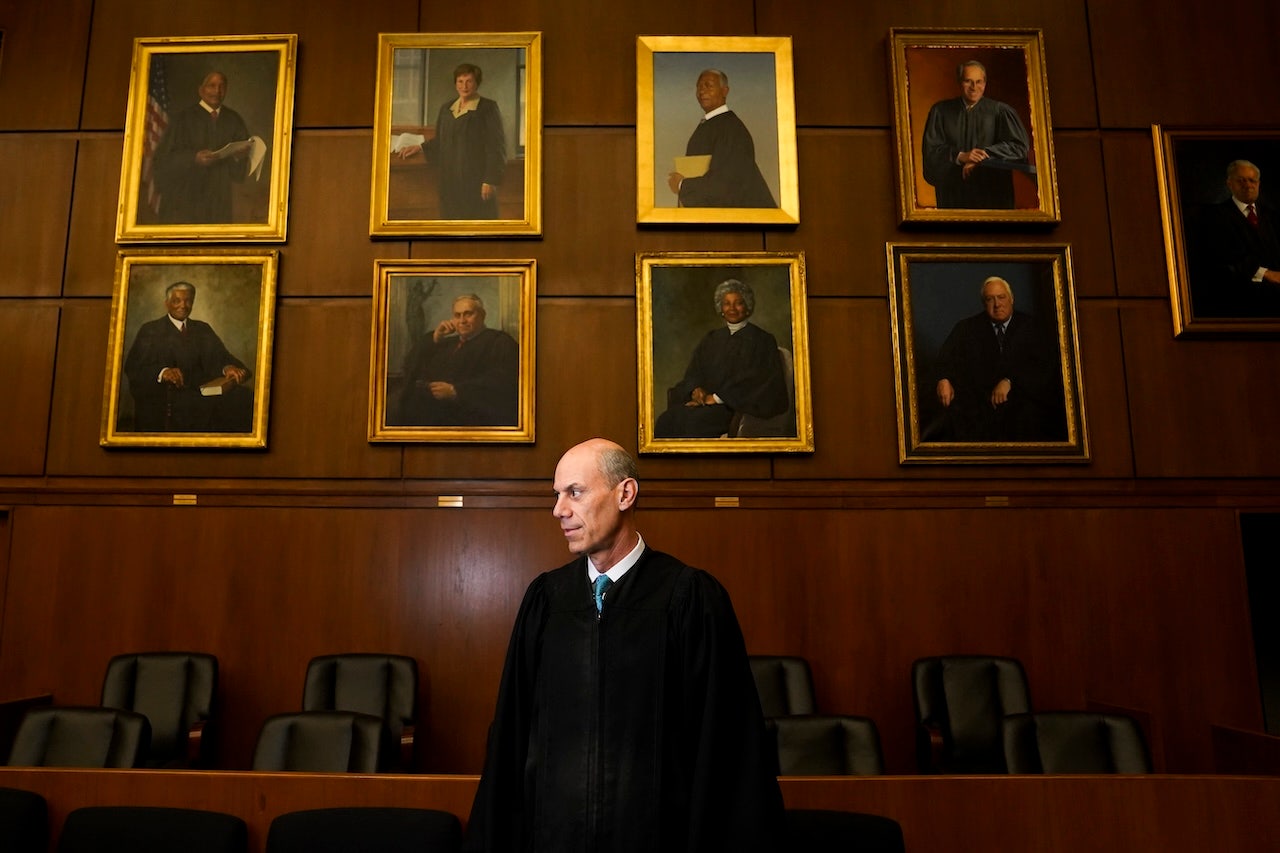Supreme Court rules on Trump admin’s Venezuelan deportations

The Supreme Court has made a significant decision in favor of President Donald Trump by granting his request to vacate a lower court’s ruling that had blocked the administration from using a 1798 wartime immigration law to immediately deport Venezuelan nationals, including alleged members of the Tren de Aragua gang, from the U.S. This ruling marks a key victory for the administration as it continues to push forward with its immigration priorities.
In a 5-4 ruling, the justices on the high court agreed to lift the stay on the administration’s use of the Alien Enemies Act, a law passed by Congress in 1789 to remove certain migrants from U.S. soil. Prior to Trump’s second term in office, this law had only been invoked three times in U.S. history during times of war. The Trump administration argued that the lower court’s ruling hindered their ability to protect the nation against foreign terrorist organizations and could have negative impacts on delicate foreign negotiations.
The legal battle over the use of the Alien Enemies Act began when U.S. District Judge James Boasberg issued a temporary order blocking the administration’s use of the law while he considered the case. A federal appeals court later upheld this pause, prompting the administration to seek relief from the Supreme Court.
During the appellate hearing, Judge Patricia Millett compared the treatment of migrants deported under the law to that of Nazis, highlighting the contentious nature of the case. The administration faced scrutiny over the removal of hundreds of migrants to El Salvador shortly after the temporary halt was issued, leading to questions about whether officials had knowingly defied the court’s order.
Judge Boasberg raised concerns about potential contempt of court charges for administration officials who failed to comply with requests for information regarding the deportation flights and the individuals sent to El Salvador. The judge questioned why the administration had repeatedly declined to provide this information, despite it likely not being classified.
As the legal battle continues, with a preliminary injunction hearing set for April 8, the Supreme Court’s ruling is a temporary victory for the Trump administration. The decision may not be the end of the administration’s efforts to use the Alien Enemies Act for immigration enforcement, as Boasberg continues to weigh potential contempt charges against officials.
Overall, the Supreme Court’s ruling marks a significant development in the ongoing debate over immigration policies and enforcement measures under the Trump administration. The administration’s ability to use the 1798 wartime law to deport Venezuelan nationals remains a contentious issue that will likely continue to be debated in the courts.




